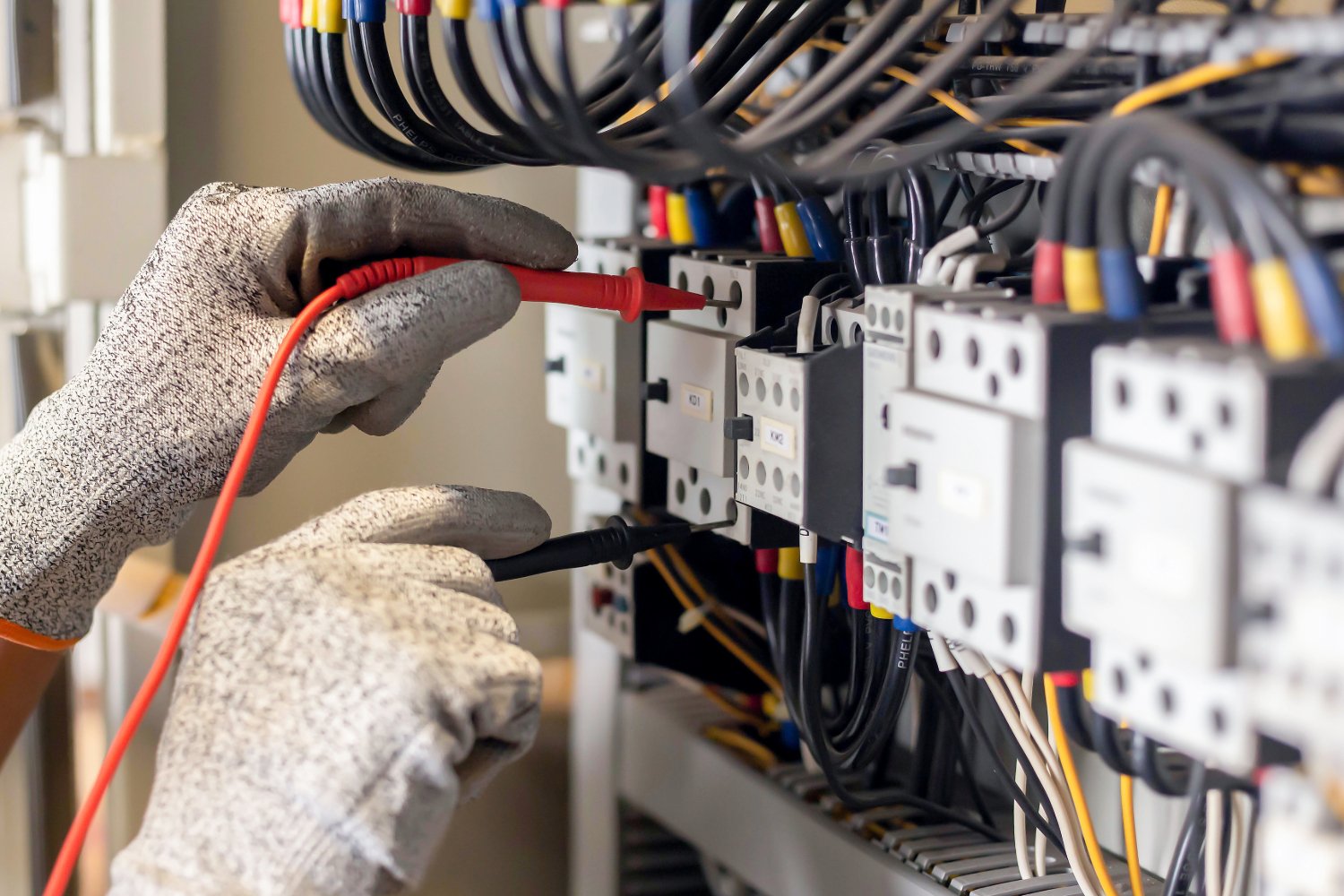Winds of change for relations between American technology companies and the European Union. With the arrival of Trump to the presidency of the United States, they feel more protected than before against European laws, and even before Trump has taken office, they are already beginning to show signs of confrontation with the authorities in the area. One of them, Googleof has told the European Commission that it has no intention of complying with the future data verification law.
According to a letter seen by Axios, Google refuses to add fact-checking to its search results or YouTube videos, and will not use fact-checking data when removing or rating content. With this law, Google would have to integrate fact verification into its algorithms and ranking systems.
These measures were implemented as part of the European Commission’s Code of Practice on Disinformation, drawn up in 2018. Initially it was a set of rules with which each private entity that decided to follow them could combat disinformation, but they will become mandatory in the near future for technology companies and private companies targeted by the EU. The Commission has held various private discussions in 2024 with technology companies, in which they have been urged to convert these voluntary measures into an official code of conduct, covered by the DSA.
The signatory of the letter to the European Commission to which Axios has had access, the Google President of Global Affairs Kent Walkerhas stated in it that it does not consider the integration of data verification into its services to be appropriate or effective, and then went on to promote its current approach to content moderation. Among other things, he believes that they did an excellent job during the elections held in different parts of the world last year.
In addition, it highlights a feature added to YouTube last year, which allows certain users to add context notes to videos, which works in a similar way to the X Community Notes, which Meta has also decided to implement to replace the measures moderation and verification of content that it used until now.
Walker also comments in the text that the company will continue to invest in the content moderation technologies it has currently, among which are those intended to label videos created with AI on YouTube. But it will not comply with the measures of this future law, in a step that signals that American technology companies are not willing to be stopped in Europe. Also, apparently, they have a problem with being made to verify that what they show is true.












